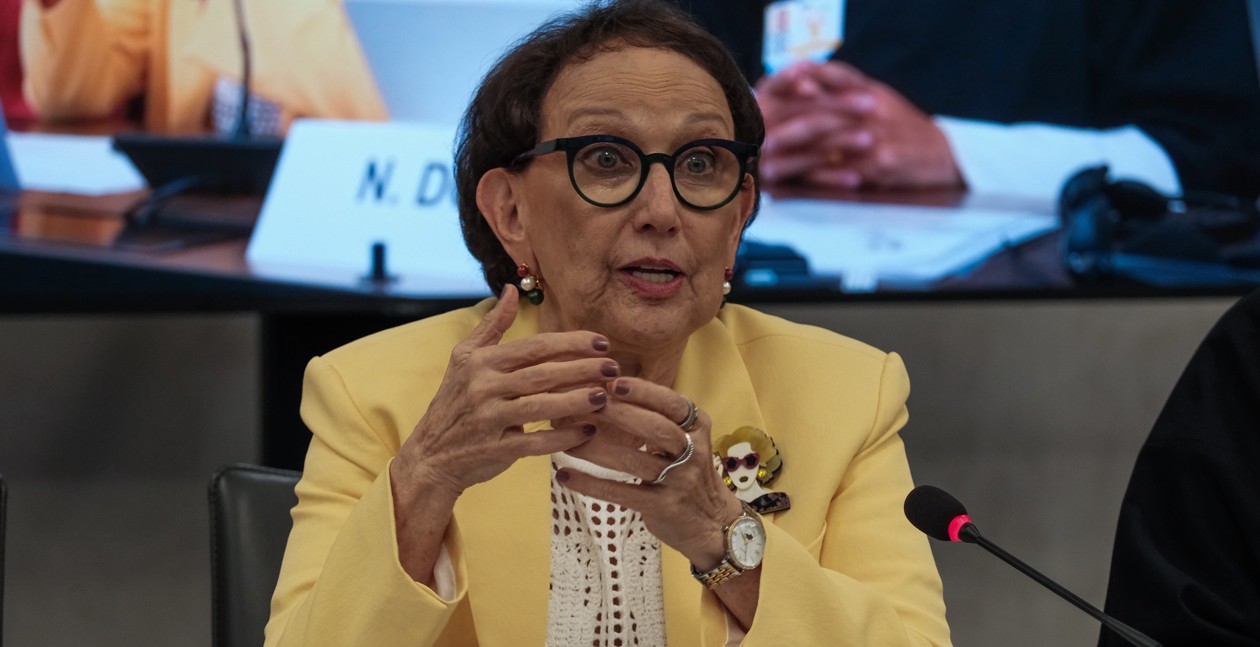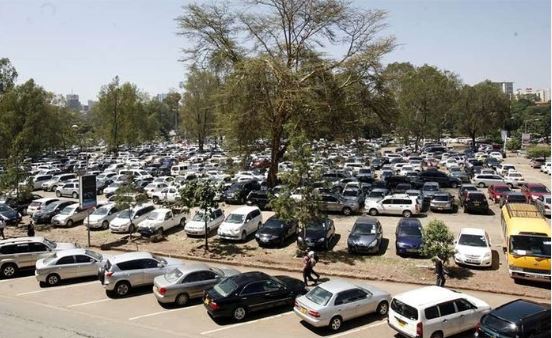2024: A year of global recognition, domestic struggles for President Ruto
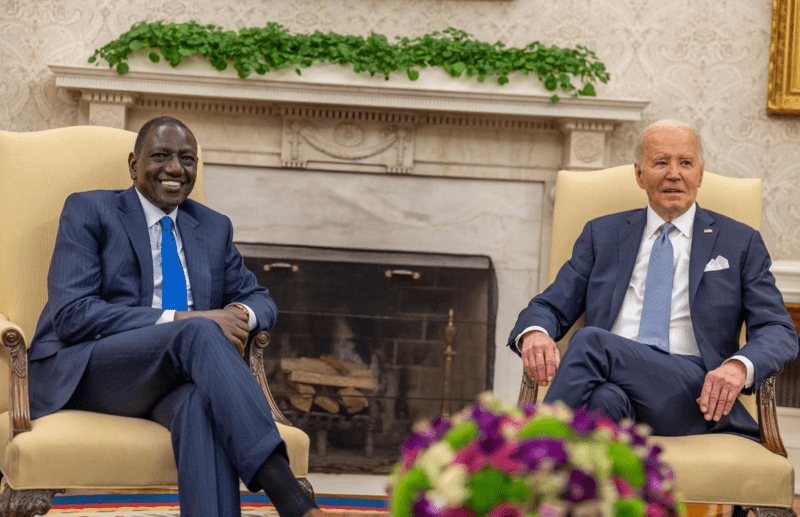
From a historic state visit to the United States to the controversial withdrawal of the Finance Bill, 2024, President Ruto's leadership was put to the test, proving both his resilience and his commitment to reforms.
In 2024, President William Ruto experienced a year marked by highs and lows, solidifying his place on the global stage while grappling with challenges back home.
From a historic state visit to the United States to the controversial withdrawal of the Finance Bill, 2024, President Ruto's leadership was put to the test, proving both his resilience and his commitment to reforms.
More To Read
- From detention to global recognition: Rose Njeri named in 2025 Time100 Next list
- How protests over Finance Bill hurt Nairobi’s daily revenue collections
- 16 killed in June 25 memorial protests, most by police – Amnesty International
- We are forgotten: Erickson Mutysia’s mother makes heartbreaking plea for justice
- Ruto government allocates Sh680 million for State House renovation despite budget cuts, public outrage
- Police pledge to protect peaceful protesters during June 25 'Gen Z memorial march'
Historic US State visit
One of the most defining moments of the year came early on when President Ruto received an invitation to the White House, a rare honour that showcased Kenya's growing prominence on the global stage.
This state visit, which commenced on May 20, 2024, was a symbol of the strengthened ties between Kenya and the United States, reaffirming Ruto's role as a key leader in sub-Saharan Africa.
Ruto’s visit was especially significant as it was the first by an African leader to Washington since Ghana's John Kufuor in 2008.
The visit was not just ceremonial; it was filled with substantial outcomes. The two leaders, Ruto and U.S. President Joe Biden, signed several multibillion-dollar investment deals aimed at boosting Kenya’s economy.
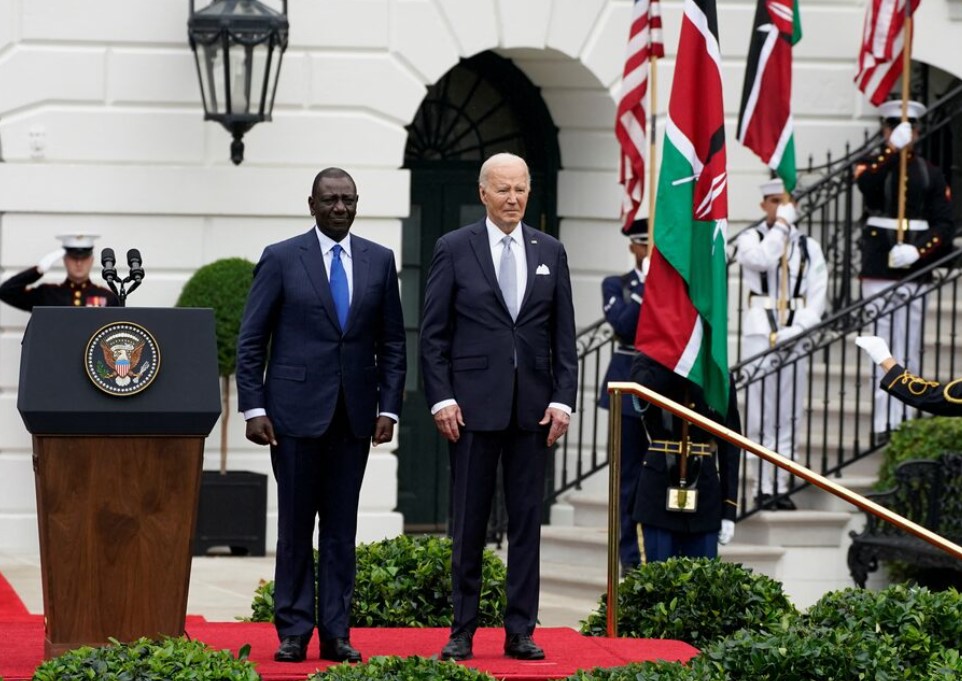 U.S. President Joe Biden welcomes Kenyan President William Ruto during an official White House State Arrival ceremony on the South Lawn of the White House in Washington, U.S., May 23, 2024. (Photo: REUTERS/Elizabeth Frantz)
U.S. President Joe Biden welcomes Kenyan President William Ruto during an official White House State Arrival ceremony on the South Lawn of the White House in Washington, U.S., May 23, 2024. (Photo: REUTERS/Elizabeth Frantz)
Perhaps most notably, Kenya was designated a major non-NATO ally, a status that underscored the country's vital role in the U.S. counterterrorism efforts in Africa.
Withdrawal of controversial Finance Bill
However, the year wasn’t without its challenges. President Ruto’s administration faced immense public backlash following the passage of the Finance Bill 2024, which proposed controversial tax hikes.
The bill sparked widespread protests across Kenya, with citizens demanding its rejection due to concerns over the rising cost of living.
In an unprecedented move, Ruto caved to the pressure, announcing in a televised address on June 26 that the Bill would be withdrawn.
"I concede and therefore I will not sign the 2024 finance bill, and it shall subsequently be withdrawn," Ruto said, acknowledging the will of the people.
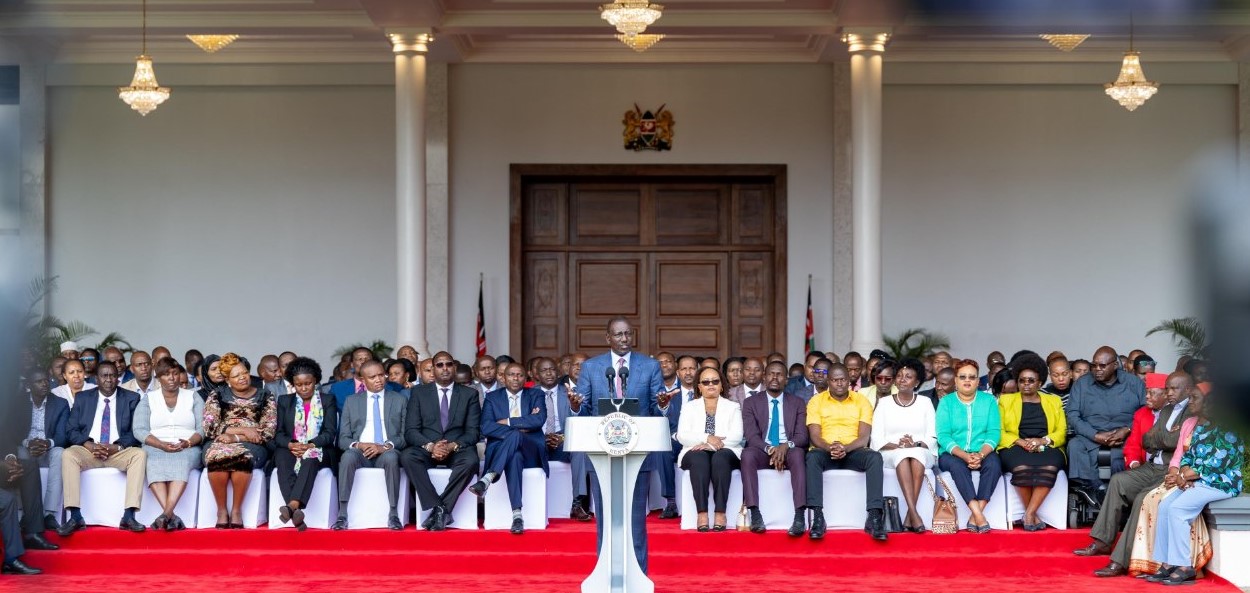 President William Ruto addresses the nation from the State House in Nairobi on June 26, 2024, when he withdrew the Finance Bill, 2024 following violent protests. (Photo: PCS)
President William Ruto addresses the nation from the State House in Nairobi on June 26, 2024, when he withdrew the Finance Bill, 2024 following violent protests. (Photo: PCS)
The withdrawal of the bill came a day after youths across several counties led anti-government protests which resulted in several deaths, arrests and abductions.
Global Recognition
As 2024 progressed, President Ruto's international recognition continued to soar. On April 17, 2024, he was named among the 100 Most Influential People in the World by Time magazine.
His role in championing Africa’s climate ambitions, particularly his hosting of the 2024 Climate Summit in Nairobi, garnered significant global attention.
Ruto’s call for debt relief for African nations to tackle climate change was highlighted by Time as one of the year’s most impactful moments.
This acknowledgement came on the heels of a similar recognition in January when New African Magazine named him one of the most influential Africans of 2023.
Ogolla's death
April brought a moment of national mourning when General Francis Ogolla, Kenya’s Chief of Defence Forces died in a tragic military chopper crash in the North Rift region.
The crash on April 18, 2024, which claimed the lives of 10 military officers occurred during a mission to stabilise bandit-prone areas.
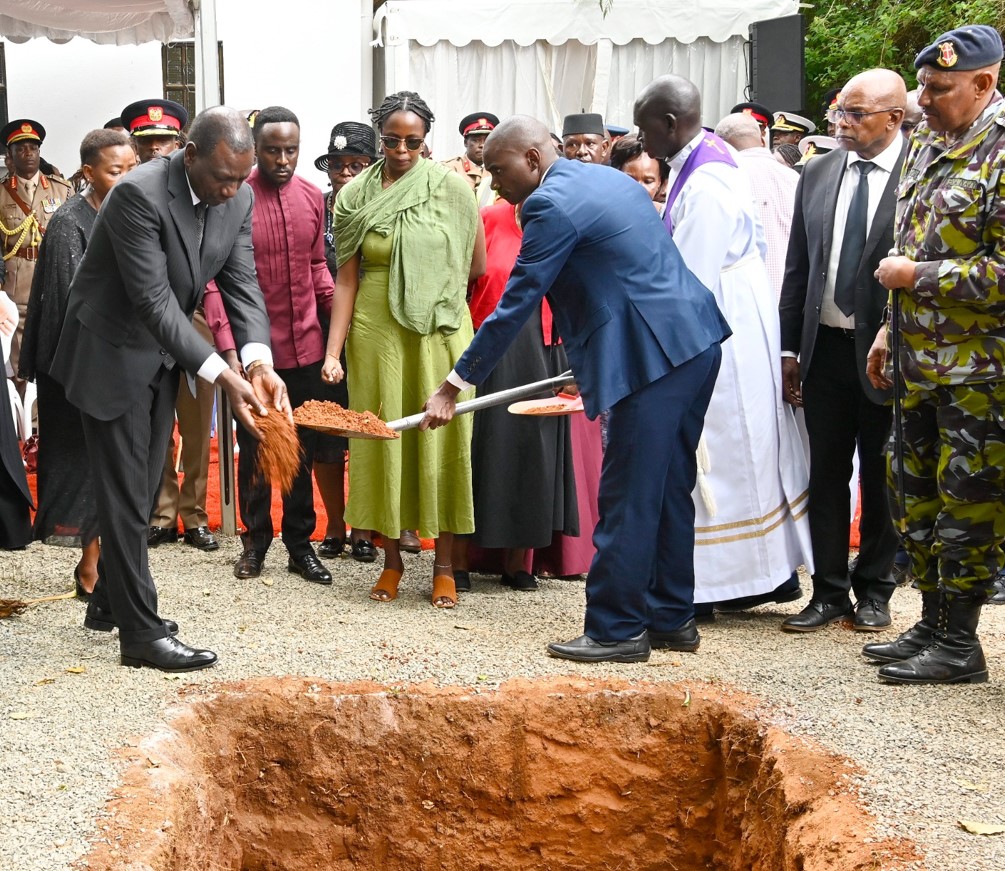 President William Ruto is pictured at Chief of Defence Forces Francis Ogolla's burial site in Alego Usonga, Siaya County, on April 21, 2024. (Photo: PCS)
President William Ruto is pictured at Chief of Defence Forces Francis Ogolla's burial site in Alego Usonga, Siaya County, on April 21, 2024. (Photo: PCS)
Ruto’s announcement of Ogolla’s death was solemn, marking the first time during his presidency that he had to publicly announce the death of a high-ranking security official.
The loss was felt deeply across the country, and Ruto led the nation in mourning, ordering three days of national remembrance.
President Ruto declared three days of national mourning, describing the loss as “a painful moment for the nation.”
Endorsed as AU champion for Institutional Reforms
On the African continent, Ruto’s leadership was further solidified in February 2024 when he was appointed as the African Union’s Champion for Institutional Reforms, succeeding Rwanda's Paul Kagame.
The role placed Ruto at the helm of the AU’s comprehensive reform agenda, tasked with revitalising the organisation’s structure and improving its effectiveness.
His leadership in this domain was particularly significant against the backdrop of global financial crises and Africa’s call for systemic changes in global institutions.
Cancelling Adani deals
However, not all of Ruto’s decisions were met with approval. One of the most controversial actions of the year was his cancellation of two major deals with Indian billionaire Gautam Adani’s business empire.
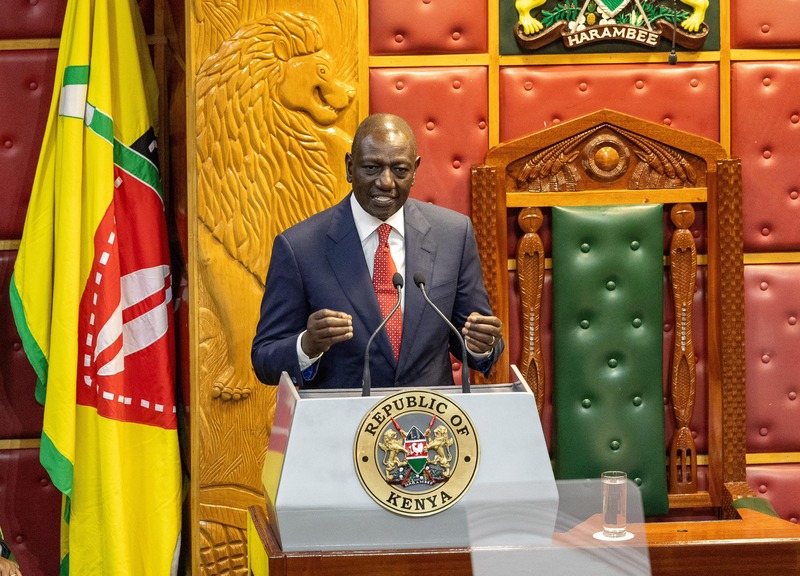 President William Ruto while delivering the State of the Nation address in Parliament on November 21, 2024. (PCS)
President William Ruto while delivering the State of the Nation address in Parliament on November 21, 2024. (PCS)
The deals, which were expected to involve billions of shillings in infrastructure investments were axed after Adani was indicted for fraud by U.S. prosecutors in November 2024.
Ruto’s decision to cancel the contracts, based on new evidence and information from investigative agencies was met with applause by the Kenyan public, who had voiced concerns over corruption associated with the deals.
"In the face of undisputed evidence or credible information on corruption, I will not hesitate to take decisive action," Ruto declared during his State of the Nation address, reinforcing his administration’s commitment to tackling corruption head-on.
Top Stories Today







